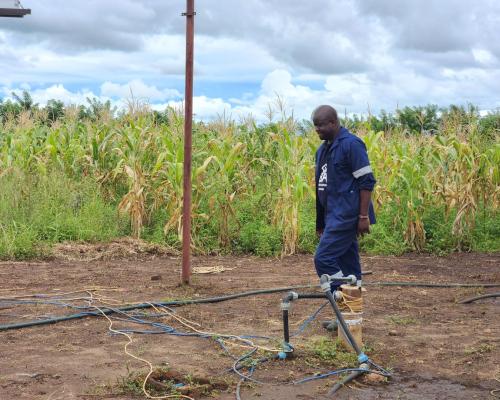
Lusaka – Zambia is grappling with a severe drought, declared a national disaster at the end of February. Over 1 million people in 84 of the 116 districts have been affected, and the lack of rainfall is devastating crop and animal production.
According to the government’s crop assessment data, the drought has destroyed 983 765 hectares of maize crops, the country’s staple food, with production declining by nearly 50%.
Poor access to safe water, sanitation, and hygiene worsens in drought conditions. Coupled with food scarcity and resulting malnutrition, people are at higher risk of infectious diseases like cholera, diarrhoea and acute respiratory conditions.
“Recognizing the link between drought and health, the Ministry of Health is leading the health cluster of the response. Working with the Disaster Mitigation Management Unit and partners, we are actively mobilizing resources to help prepare for any public health threats associated with the effects of drought,” says Dr Kalangwa Kalangwa, spokesperson for the Ministry of Health. “Through targeted interventions and community engagement, we are committed to protecting the well-being of the affected population, ensuring access to essential health services and clean water, especially in affected districts.”
As part of a wider UN multi-hazard preparedness and response plan to support government efforts, WHO is working closely with the government through the Ministry of Health to implement mitigation measures, this includes ensuring enough health supplies and equipment, strengthening disease surveillance and reporting, enhancing risk communication and community engagement and training healthcare workers and community volunteers in readiness and response strategies for disease outbreaks.
The plan estimates the need for US$38.65 million to respond to the ongoing cholera outbreak, targeting 10.5 million people in 38 districts and providing immediate humanitarian assistance and early recovery support for 475 000 food-insecure people over a period of nine months.
“We stand in solidarity with the government of Zambia during this challenging drought emergency. We are offering our support to mitigate the health impacts, safeguard the well-being of communities, and reinforce resilience. We are ensuring that interventions are put in place to strengthen our preparedness and response systems to provide emergency assistance adequately and boost preventive measures and sustainable recovery,” says Dr Nathan Bakyaita, WHO Representative to Zambia.
In mid-April, government launched a humanitarian appeal to mobilize around US$ 30 million to provide humanitarian support, recover lost livelihoods and build resilience for over 1 million households at risk of food insecurity, acute malnutrition, and disease.

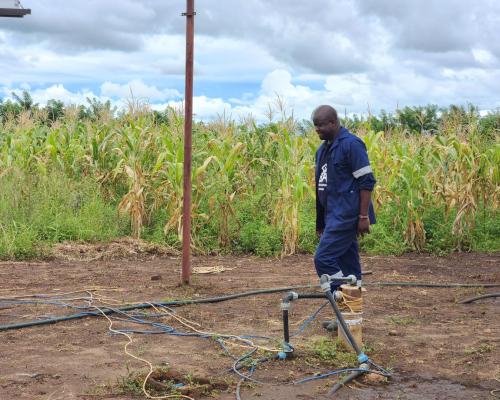


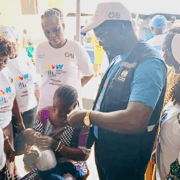


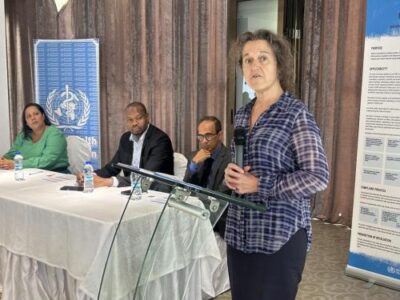
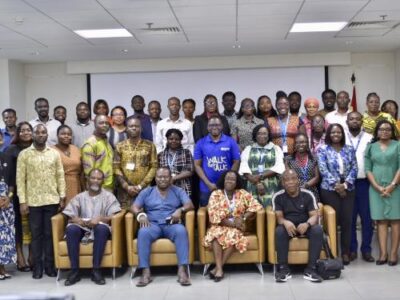


Comments